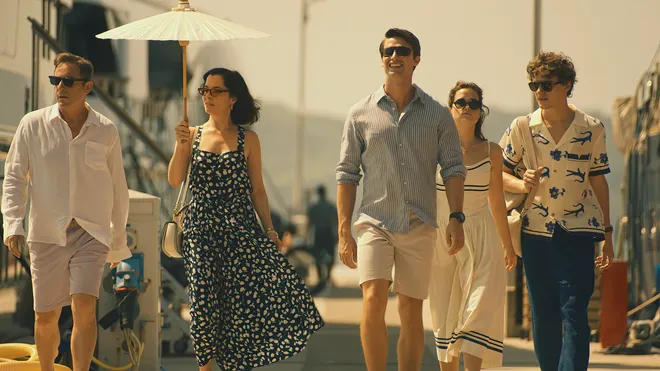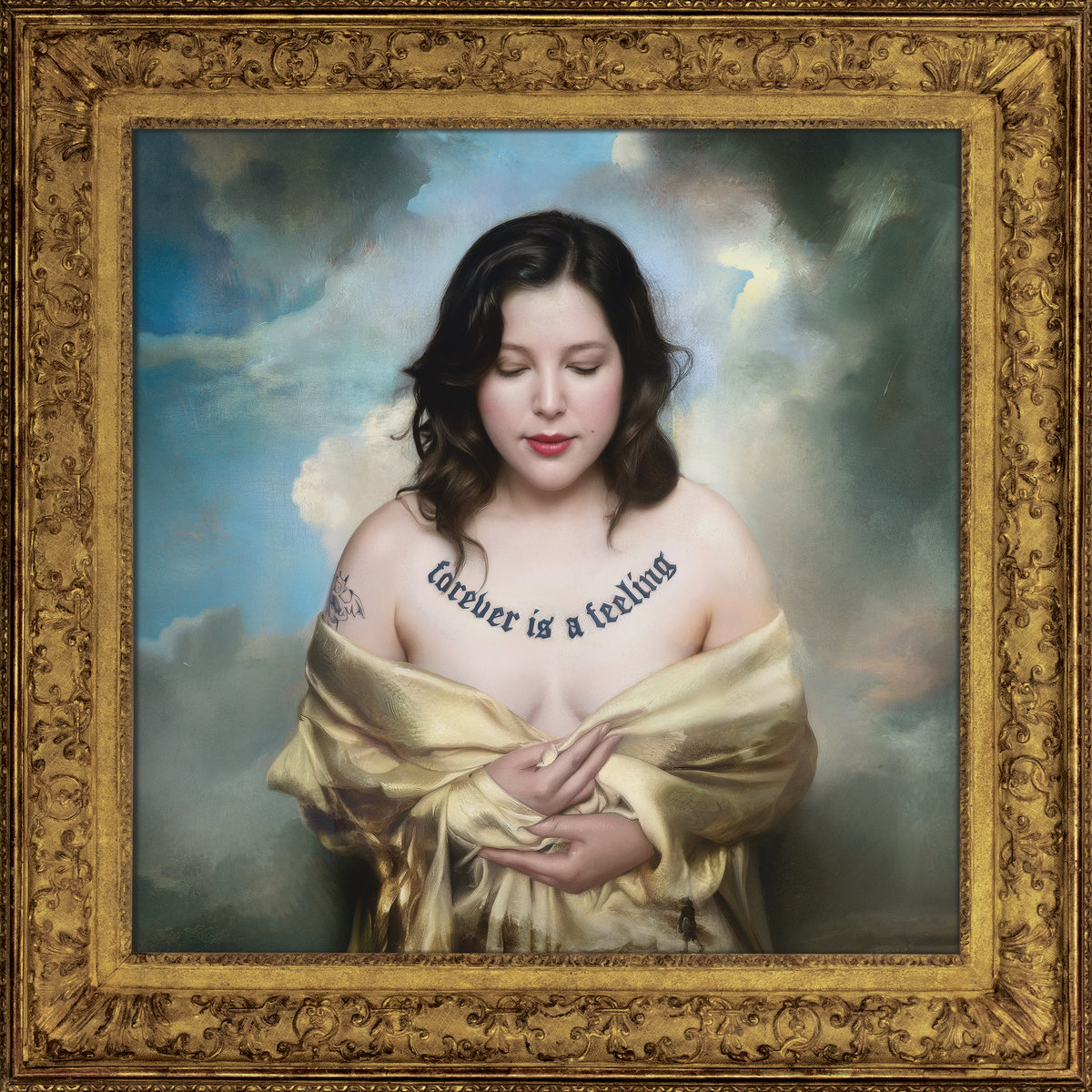We are undoubtedly in an era of pseudo-spirituality: a time where glossy face masks, 20 dollar smoothies and gilded crystals can offer an oasis for the mind, body and soul. Snake-oil salespersons flaunt the transformative nature of such products, but none fare better rewards than the elusive allure of a vacation.
“Go on a vacation,” they must say. “New location, new you.” I have always been fascinated by such marketing of vacation. After all, it’s just a new location that a person exerts their existing pathos onto.
No one comes close, though, of delving into the forensics of vacationing quite like Mike White, the télévision auteur that has brought about great work like “Enlightenment” and, most prolifically, “The White Lotus.” The latter has evolved from a limited series to a much lauded work of drama anthology: each season flaunts a new titular resort location (Hawaii, Italy, Thailand) with the promise of fresh blood as one of the many guests has died.
Much less of a whodunnit than a “who-died?”, as White portrays a week for these travelers as tensions bubble to the surface of their seemingly magnanimous lives. The first season offered a nuanced conversation on privilege, wealth and colonialism, while the second offered a more sultrier take on marriage, femininity and masculinity.
Having watched the whole of season three, which premiered on Max in February and concluded in April, I can confidently assess White’s guiding principle in the creation of this season: the human spirit.
In fulfilling this lofty image, he has arranged several groups that we get to eagerly eavesdrop and watch: a trio of blondes who’ve been friends since elementary school; a North Carolinian family gripped with future financial devastation; a couple that oscillates between hopeful and painful; a returning character from season one who’s come to Thailand for peace and rejuvenation. It’s by far White’s most varied and complicated ensemble; his past seasons’ casts are more contained in scope and plot.
Unfortunately, that’s one of the largest fallacies of this season: White’s inability in deciding whose story is to tell. Every single guest and employee at the White Lotus have their stories told and their desires expressed, without the commingling of previous seasons that connected the narratives. Mostly, each group is contained in their own biome of self discovery and self sabotage. For some, that’s preferential. The trio of blondes (Leslie Bibb, Michelle Monohaugn, Carrie Coon) were by far the standout in terms of writing and acting.
White sets up a particular narrative we know as audience members and also people: three white women of a certain age that forgo yoga in favor of gossiping about the members of their triad. However, as the season progresses, White doesn’t let these stereotypes solidify into tv-reality. Instead, he has the last word in a miraculous monologue performed by Carrie Coon, where she laments on the meaning her friendship with these women has given her life. It’s utterly touching and truly in “The White Lotus” vein: a week at this resort results in transformation.
As for other plot lines, there was less satisfaction and more bemusement to be had. The North Carolinian family’s story was too scattered for my liking. From the matriarch (Parker Posey) bemoaning her lack of Lorazepam (each syllable strung out in Posey’s somewhat exalted Southern accent) to a brief incestuous crossroads between the two brothers, there is little symmetry and cohesion in their enlightenment. They come to the resort as a collective and vow they leave as one as well, though it’s hard to not see the scattering. It’s all opera and tragedy with Mike White, his authorial and directorial decisions best understood with context, context I often felt lacking. What made season two the standout were the ways in which White utilized the culture, landscape and atmosphere of the Italian seaside, creating his own Italian opera in seven episodes.
In season three, Thailand often feels like an afterthought or a punchline. Thailand is reduced to Buddhist monks, the scattering of monkeys and monitor lizards and, above all, its centerpiece as a place of spirituality. It’s glaringly obvious White hasn’t really rooted himself in Thailand, maybe due to the scouting for season three spliced between Thailand and Japan, with Thailand offering better tax incentives. It does feel like Thailand is the runner up, the stage White got stuck with and not the one he was coveting. Other times it feels as though White adores Thailand, forcing himself away from taking punches at this country. For all we know he has a great hatred of Italian palazzos, and that gave him such vigor to craft season two with deep attention.
None of this is to say season three is bad, in any sense. It’s yet another layered look at the uber wealthy through the lens of death and deceit, though it has gotten a tad more stale. How many more times can White conjure a place of amenities, with a cast of true, yet gorgeous, artists and kill a couple of them off? How long does that shtick last before we become sorry for the dead rich people, before we resign ourselves to observers and nothing more?
I will never mind more seasons of this show, though I pray White shifts his climate preferences. There are only so many Hawaiian/Italian/Thai beaches I can watch before I have an ache for a swim.

























